Did you know that 27% of women undergoing IVF experienced skin changes such as acne, dryness, pigmentation or flare-ups during treatment?
Join our Consultant Dermatologist Advisor, Professor Caitriona Ryan, as she shares expert advice on what skincare is recommended during IVF, why it matters, and when to start incorporating it into your routine.
Is It Suggested To Use Retinol or Retinoids During IVF Treatment?
Experts advise that retinol or retinoid-based products can typically be used safely during the early stages of IVF, right up until the point of embryo transfer. However, once the transfer has taken place, it’s recommended to stop using these ingredients and transition to a pregnancy-safe skincare routine using retinol-like or retinol replacing agents.
What Counts As A Retinol Replacing Agent?
As retinol is no longer advised after embryo transfer, professionals often recommend switching to skincare that supports collagen production with safer alternatives.
It's suggested to use products like SKN TO SKN which are designed to be gentle yet effective, offering support for skin health without relying on traditional retinoids and instead using:
- Astaxanthin: Induces collagen and has antioxidant properties that far exceed products that use vitamin C & E
- Azelaic Acid Derivative: A non irritant that helps soothe the skin during flare-ups like acne and reduces the appearance of pigmentation.
Final Thoughts?
Navigating skincare during IVF can feel overwhelming, especially with so many ingredients to consider. The key is to understand how your routine may need to adapt at each stage of treatment. By choosing products that prioritise skin health and use pregnancy-safe, collagen-supporting alternatives to retinol, you can care for your skin confidently and safely throughout your IVF journey. With expert-backed guidance and gentle, effective formulations, your skincare can support both your skin and your peace of mind during this important time.
 Written by Professor Caitriona Ryan, Consultant Dermatologist
Written by Professor Caitriona Ryan, Consultant Dermatologist


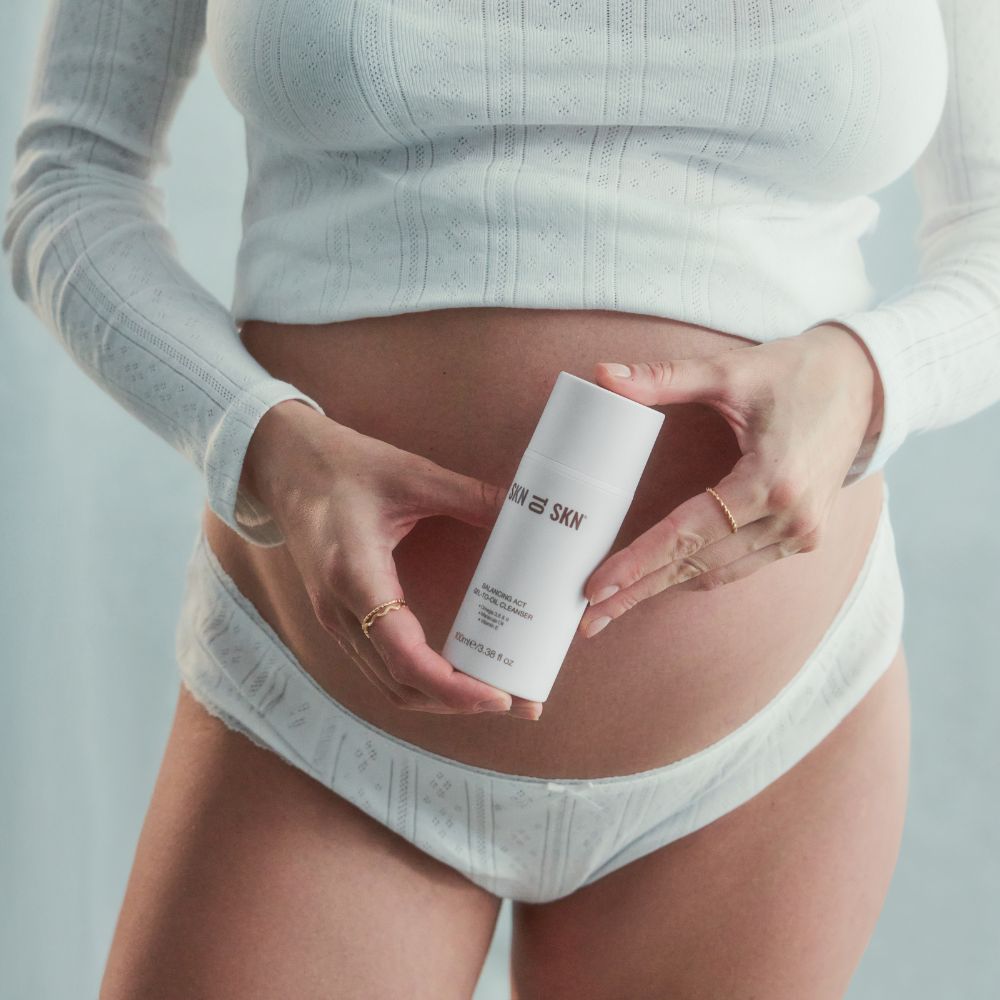
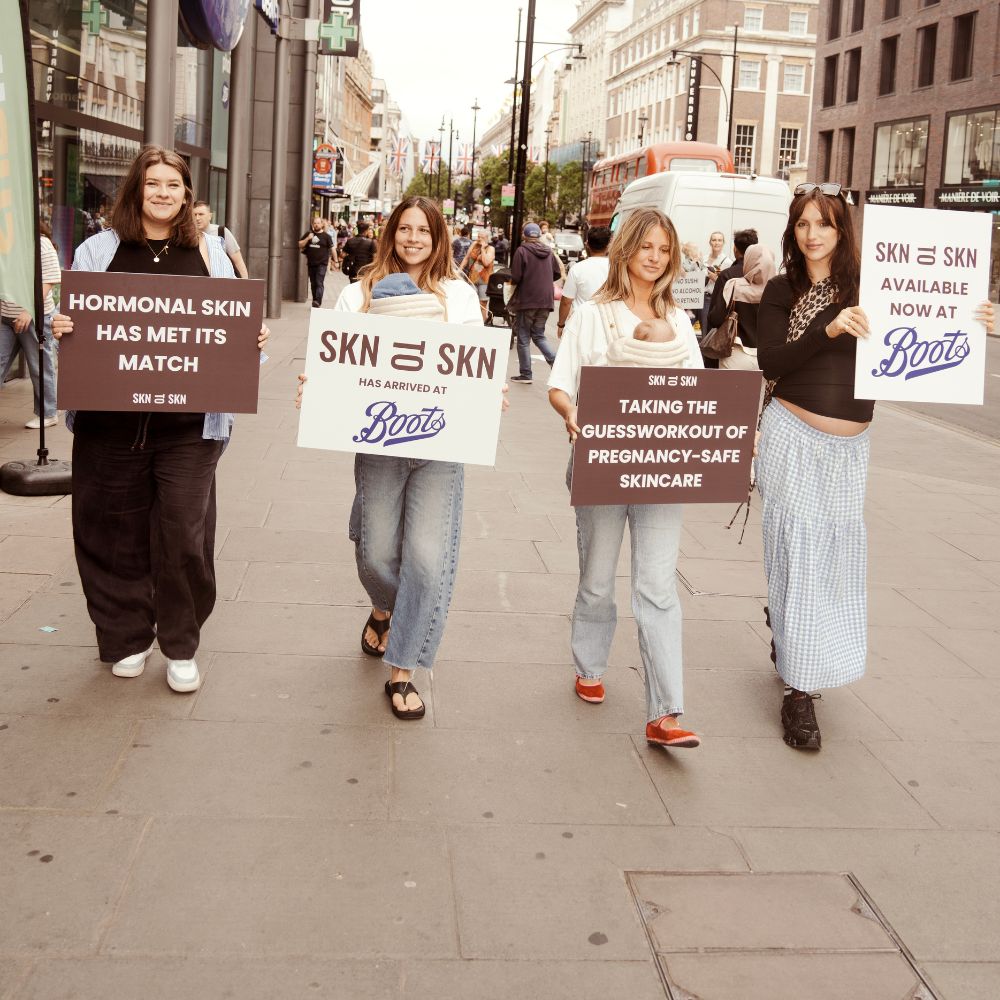
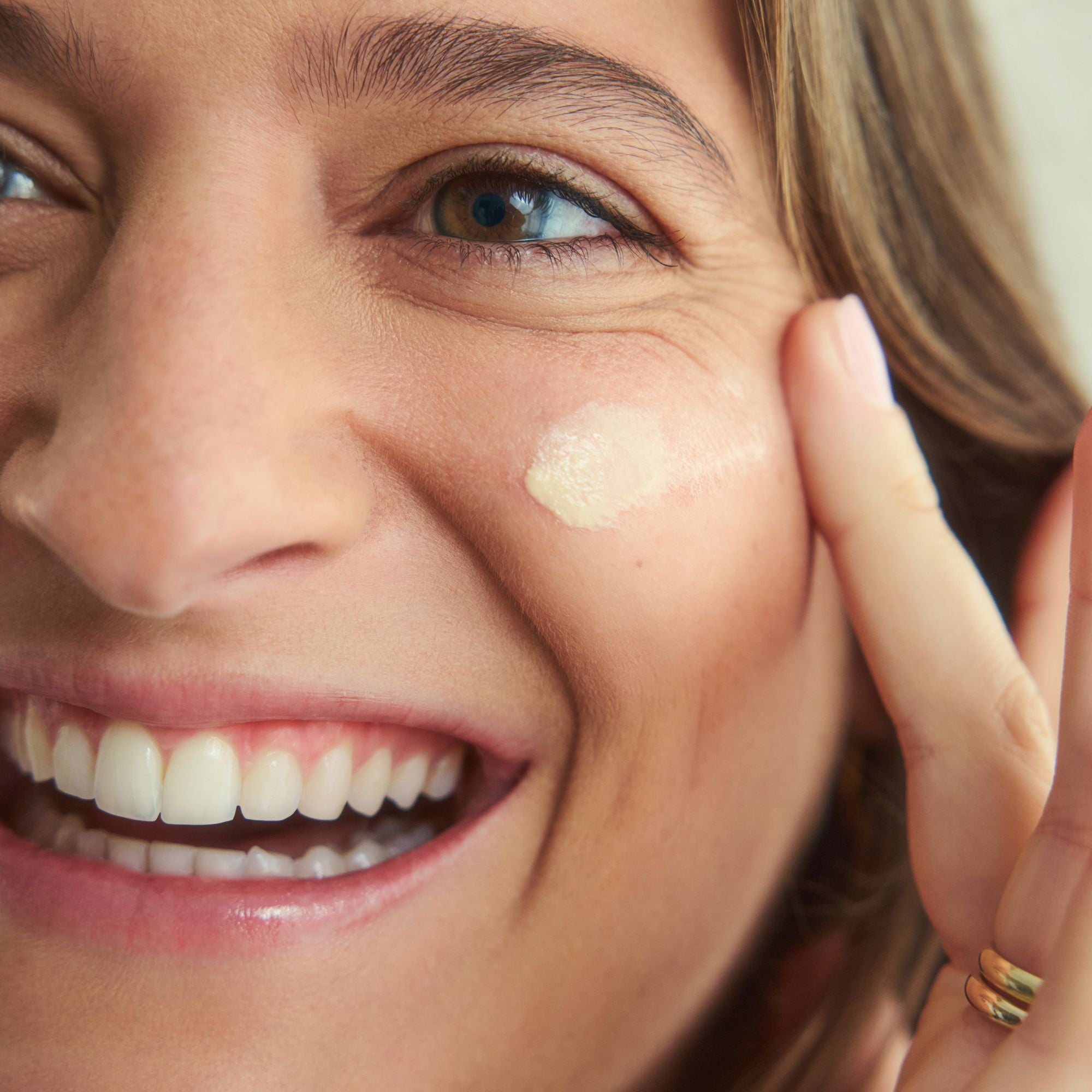
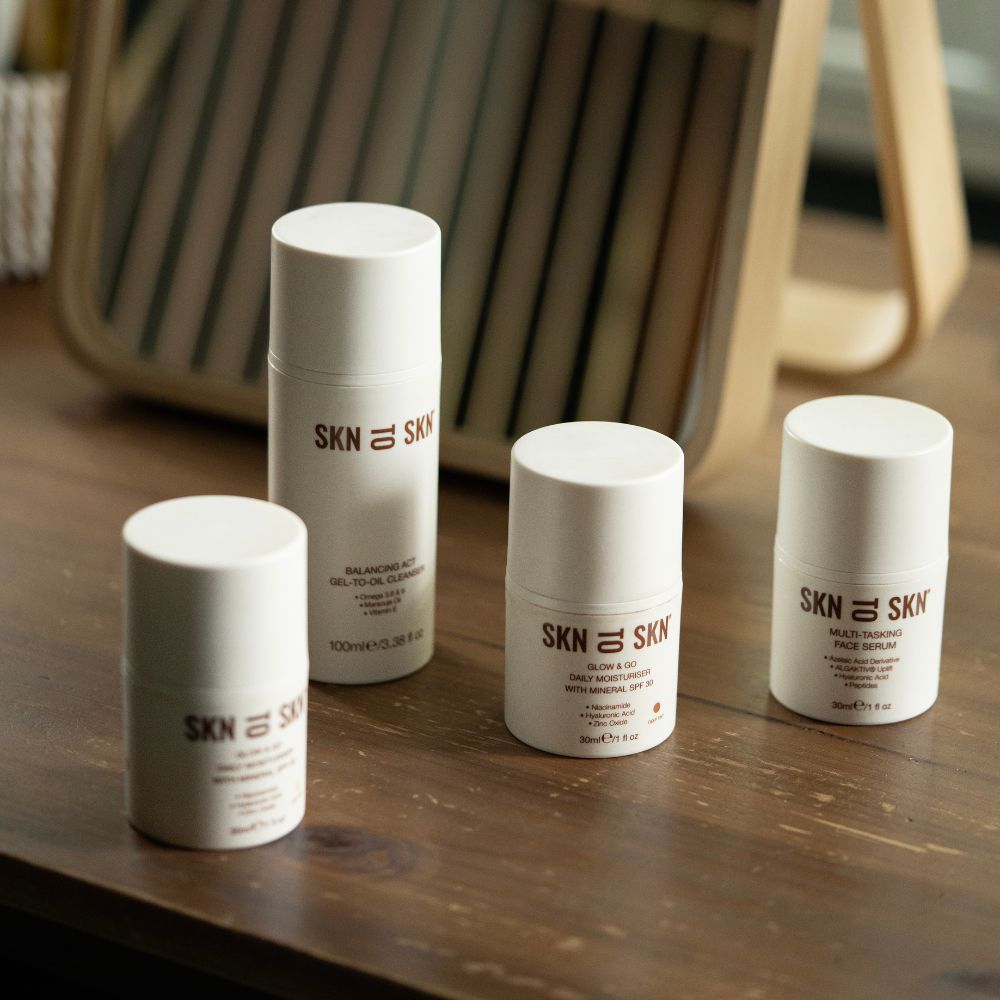



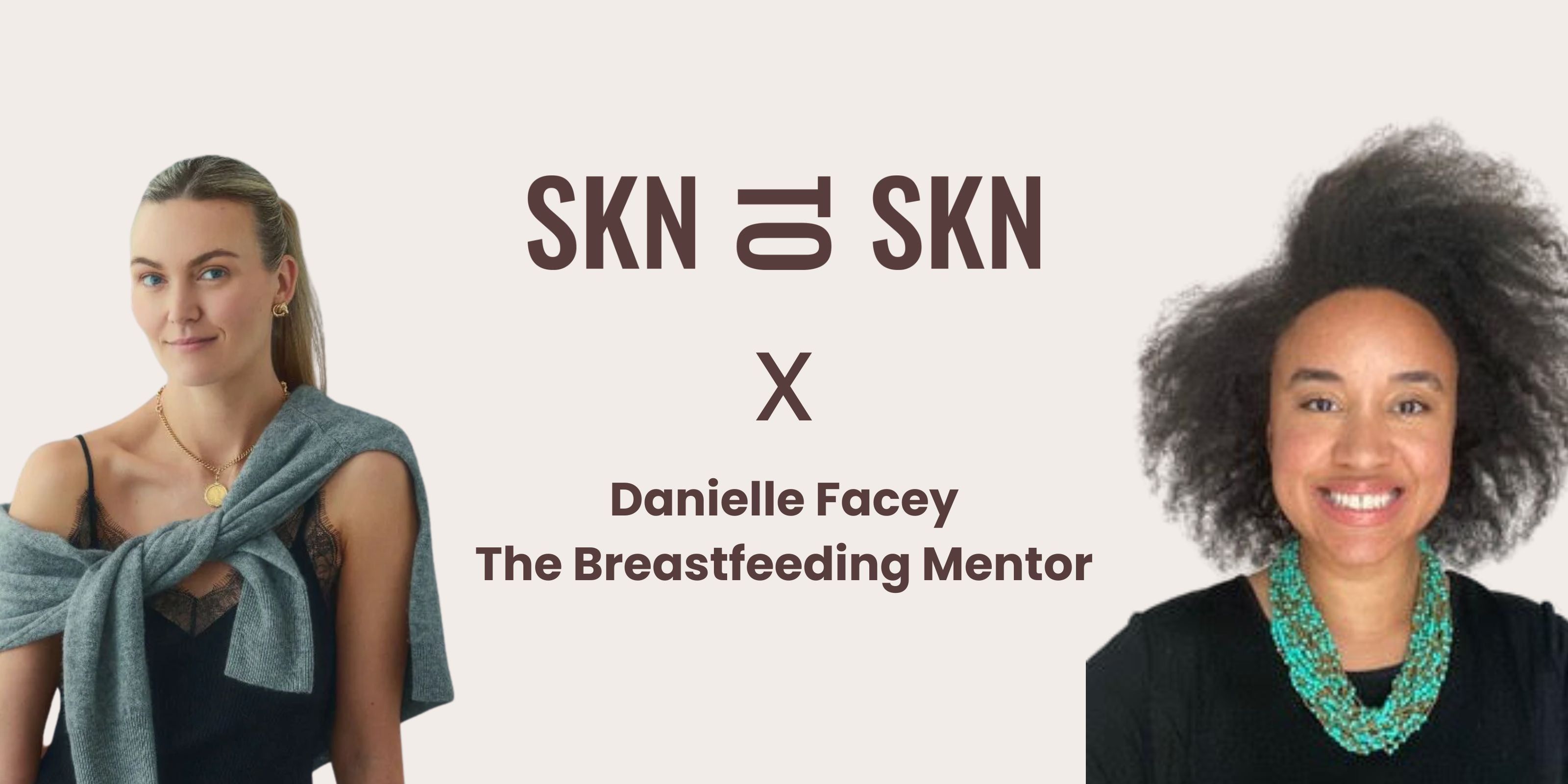

Leave a comment
This site is protected by hCaptcha and the hCaptcha Privacy Policy and Terms of Service apply.